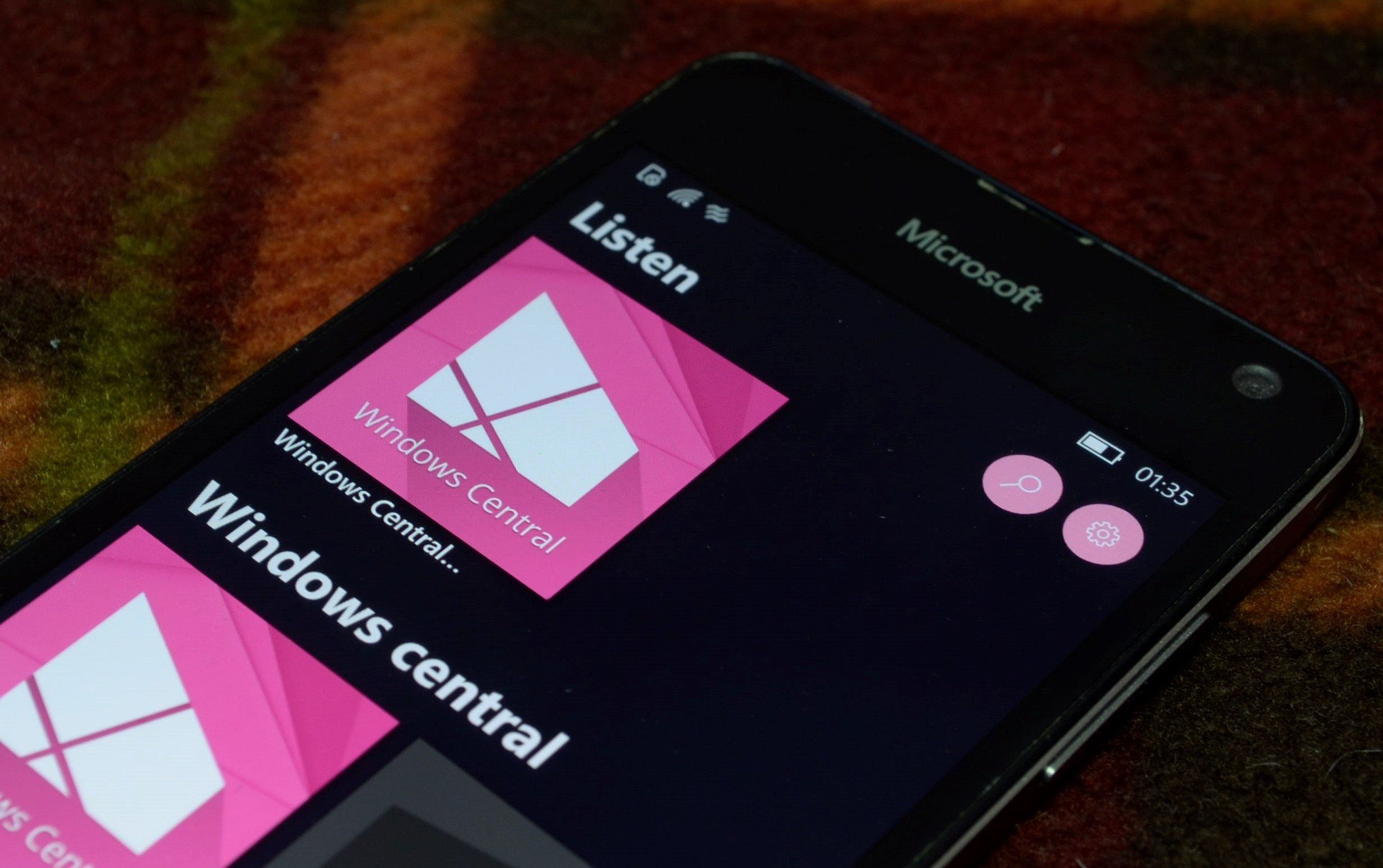Windows Central Podcast 135: A sort of WCOS announcement
This week on the Windows Central Podcast: a modern OS, silly UWP hot takes, and everything Computex!

All the latest news, reviews, and guides for Windows and Xbox diehards.
You are now subscribed
Your newsletter sign-up was successful
We're back with another exciting episode of the Windows Central Podcast, and this week, Daniel Rubino and Zac Bowden discuss Microsoft's non-announcement announcement about their next generation 'modern OS'. Whatever it may up end being called, this is the OS we've been reporting on for quite some time.
They also tear down all of the misleading and incorrect hot takes about the death of UWP, and Daniel reports on all the other interesting devices and announcements from Computex 2019 in Taipei. Finally, the Windows 10 May 2019 Update is available to the general public.
This episode of the Windows Central Podcast was streamed live on May 31 2019.
Links:
- What is Microsoft's new 'modern OS' all about?
- 7 biggest Computex 2019 announcements
- Windows 10 May 2019 Update review: Simple changes make Microsoft's OS run smoother
Subscribe to the podcast
- Download directly: Audio
- Listen via Spotify
- Listen via: Windows Central app Windows 10 | Android
- Subscribe via iTunes
- Subscribe via RSS
- Subscribe via Google Play Music
- Subscribe via Pocket Casts
Sponsors
Sponsors:
- Wix Creation without limits. Visit wix.com/podcast and get 10% Off Your Wix Premium Plan — enter the code WIXPROMO at checkout.
Hosts
Make this show great by participating!
Send in your comments, questions, and feedback to:
- Email: wcpodcast@windowscentral.com
- Twitter: @WindowsCentral with hashtag #wcpodcast
All the latest news, reviews, and guides for Windows and Xbox diehards.

